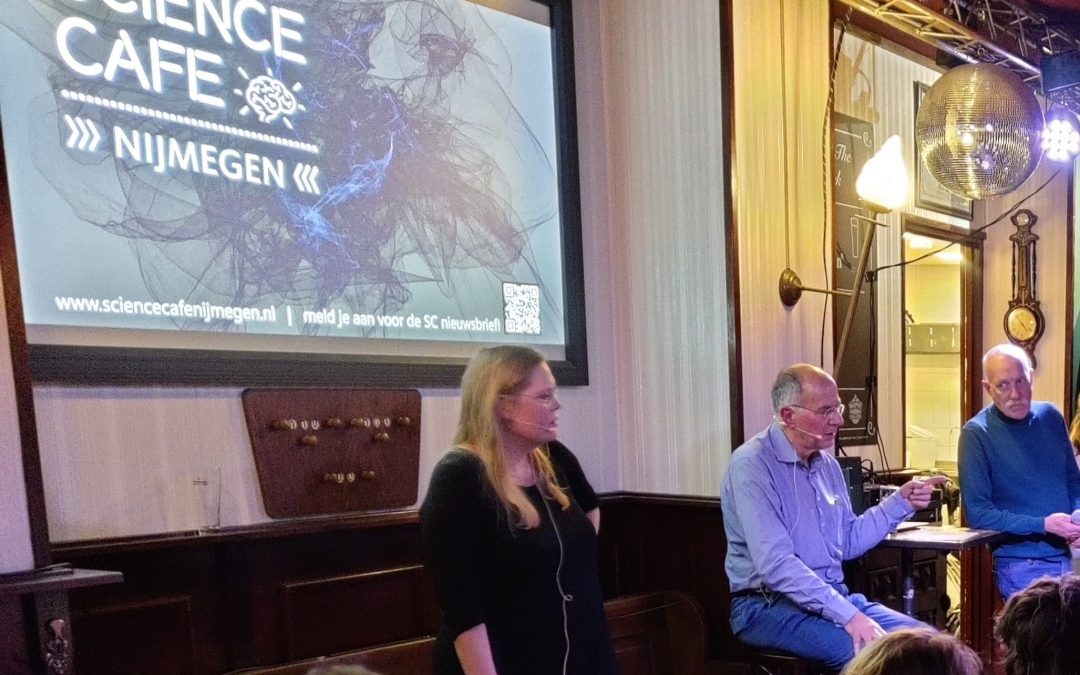Clinical Studies in CANDY
In the CANDY project, we have two clinical research studies: The CANDY PIP study and the Multiplex study.
CANDY PIP study
In CANDY we are collaborating with the AIMS-2-TRIALS project and their study “Pre-School Brain Imaging and Behaviour Project (PIP)”. PIP is the first study to track how pre-school children with and without autism develop over time and across Europe.CANDY is adding children with ADHD, diverse forms of Intellectual Disability (ID) and epilepsy to the PIP study.
The aim of the study is to identify biomarkers that can be used to predict how children with neurodevelopmental conditions and epilepsy are developing and which children may develop more than one of these conditions. Further, the study also aims to identify which children may benefit from targeted early support.
More study details and participating recruiting sites can be found under PIP-CANDY
The Multiplex study
This is the first study to track the heritability of rare genetic risk variants for several neurodevelopmental conditions. Neurodevelopmental conditions likely result from a combination of both rare genetic variants and many common low-risk variants. In this study, we are looking at families with at least 2 children with neurodevelopmental conditions.
The Multiplex study will inform us on the molecular pathways involved in the different conditions. Thereby, it is moving away from categorical disease classifications toward an understanding of the mechanisms that are shared and distinct between neurodevelopmental conditions. The overall aim is to identify treatment targets based on aetiology (cause of the condition) and not merely on symptomatology (symptoms of the condition).
More study details and participating recruiting sites can be found under MPX clinical study
Ethics
Ethical considerations are embedded into each study from the very beginning
All of the individual research studies will go through local or national Ethics Committees and Regulatory Authorities. All studies are required to follow with international, national and European Union laws. They will also comply with ethical principles, including research integrity, and with the EU General Data Protection Regulation (GDPR).
Studies that involve people will place particular emphasis on: appropriate study design; expertise of the investigators performing the study; the rigour of the local approval process; the validity of informed consent; minimizing risks to participants; possible benefits to autistic individuals; data protection and privacy. All research studies are led by investigators who have an established track record of excellent scientific work. Our external Ethical Advisory Board (link) will be able to provide input and feedback on the research, including ethical considerations.
For added oversight, the ethical issues of all studies are coordinated across the whole project, following guidelines for ethics management as set by our funder the European Commission. The coordination of ethics across the programme is led by Radboud University. Radboud University will be responsible to storing and collating information about ethics and any regulatory approvals from every site and country involved in each research project and will coordinate the production of a regular ethics report that will be written after every 18 months.



